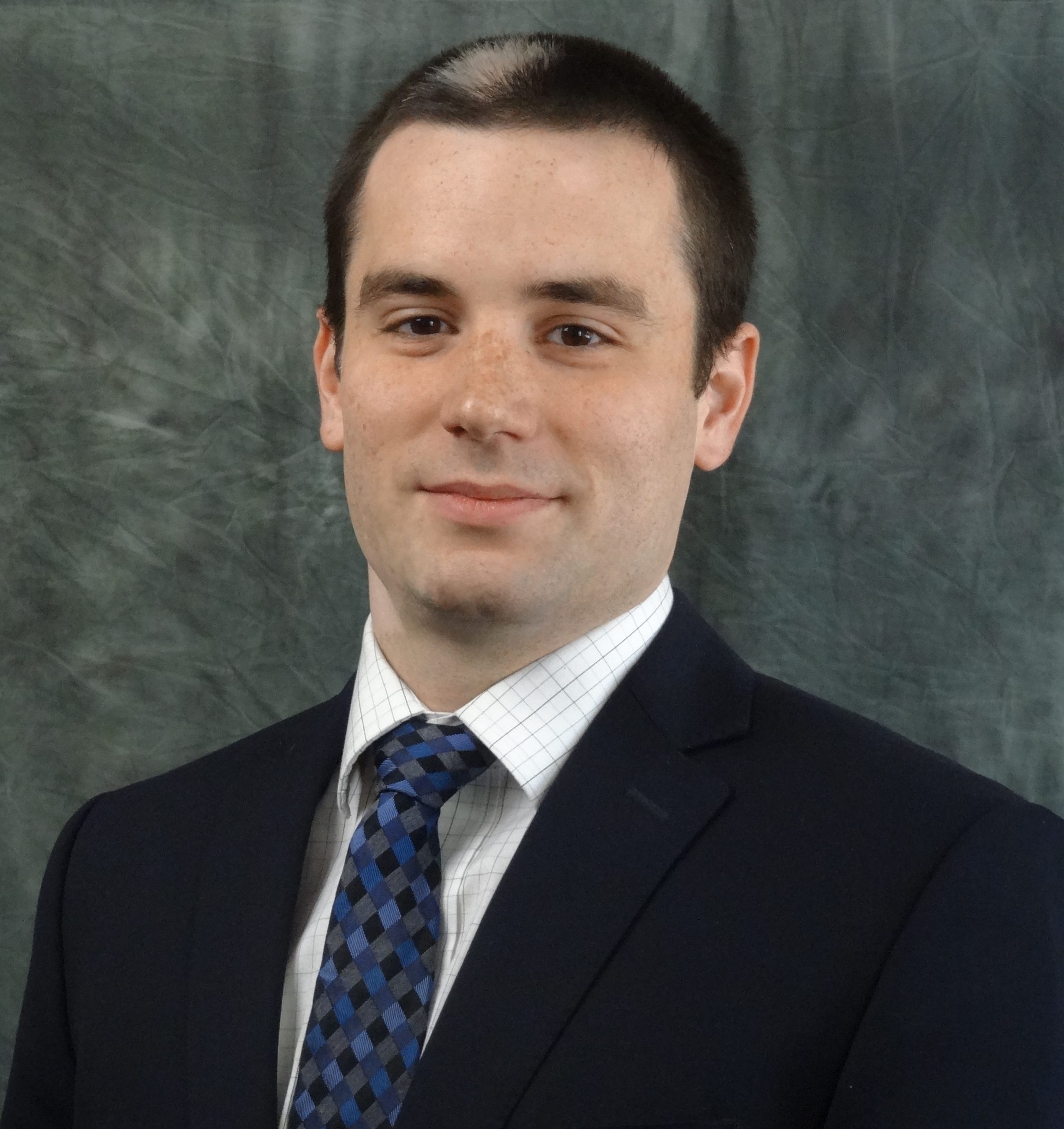Hair Braiders’ Hands Tied by Missouri’s Twisted Regulations

Joba Niang and Tameka Stigers are two successful entrepreneurs who provide African-style hair braiding for their communities. They’re also both fighting the Missouri government for the right to practice their trade.
African-style hair braiding, or natural hair care, is a traditional hair care practice where hair is twisted, braided, and weaved without the use of chemicals or heating. It’s often practiced by Africans, African-Americans, and immigrants. In Missouri, anyone who handles hair is required to get a cosmetology license from the government. This license requires thousands of dollars and at least 1,500 hours of cosmetology training—and teaches you nothing about African hair braiding.
The Institute for Justice has helped Joba and Tameka file a lawsuit to allow them to continue practicing their trade without government interference. “The U.S. Constitution protects every individual’s right to earn an honest living in their chosen occupation free from pointless government interference,” says Greg Reed, an Institute for Justice attorney.
African-style hair braiding is just one example of government overreach through occupational licensing and regulation. I’ve written before about the state’s interference with yoga teacher training. We’ve also commented on proposals to license street performers, landlords, and of course the regulation of taxicabs to keep competitors like Lyft and Uber out of the market.
For further information, the Institute for Justice’s video on the licensing of African hair braiders is available here.


